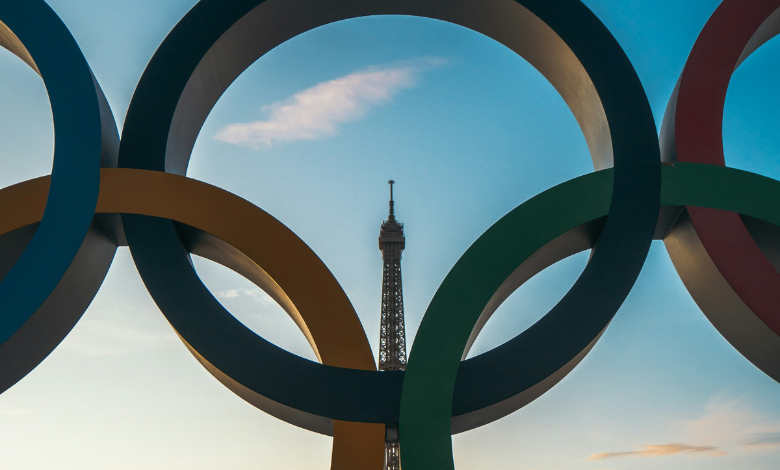Rings of Fire: Paris Olympics could become the ‘hottest Games on record’

Paris is busy preparing for the upcoming 2024 Summer Olympics. But there is a concerning possibility of the event becoming the ‘hottest Games on record‘. Several leading athletes have raised alarm over the intense heat forecast for the competition.
Elevated temperatures during Paris 2024 could lead to athletes collapsing or even dying. Rings of Fire: Heat Risks at the 2024 Paris Olympics argues that the 2021 Games in Tokyo “offered a window into an alarming, escalating norm for Summer Olympics”.
The previous Games has been described as “the hottest in history” as temperatures reached beyond 34 degrees Celsius and humidity approached 70%. “Competitors vomited and fainted at finish lines, wheelchairs were deployed to carry athletes,” the report mentioned.
Things have changed since Paris last hosted Olympics
Unfortunately, lesser than required action on climate change and the continued rate of fossil fuel use has caused the planet to warm even further in the three years since. There is, therefore, a greater chance of extreme heat undermining competitions at the Paris Olympics.
The EU’s Copernicus Climate Change Service has been regularly uploading updates on rising temperatures across the globe. It has confirmed 2023 as the hottest year ever and the first five months of 2024 have also set records, highlighting the impact of climate change.
Since 1924, the year Paris last hosted the Olympics, annual temperatures in the capital of France have increased by 1.8 degrees Celsius and, on avarage, there are 23 more “hot” days (25C+) and nine more “scorching” (30C+) days annually.
Extreme heat a deepening problem for sporting events
The French forecaster Météo France has already made predictions about warmer than normal conditions until July across the country. There is a 70% possibility it will be hotter than usual, the entity mentioned. Can the Paris Olympics organising committee find a solution?
In a “consensus statement“, the International Olympic Committee has proposed mitigation measures to protect the health of athletes from rising temperatures. But it, nonetheless, recognised extreme heat as a deepening problem for sport across the globe.
The health risks run from sunburn and heat cramps to heat exhaustion and even heatstroke. Hot and humid conditions make it harder for athletes to regulate their core body temperature. This leads to affected physical performance, particularly at the time of endurance events.



